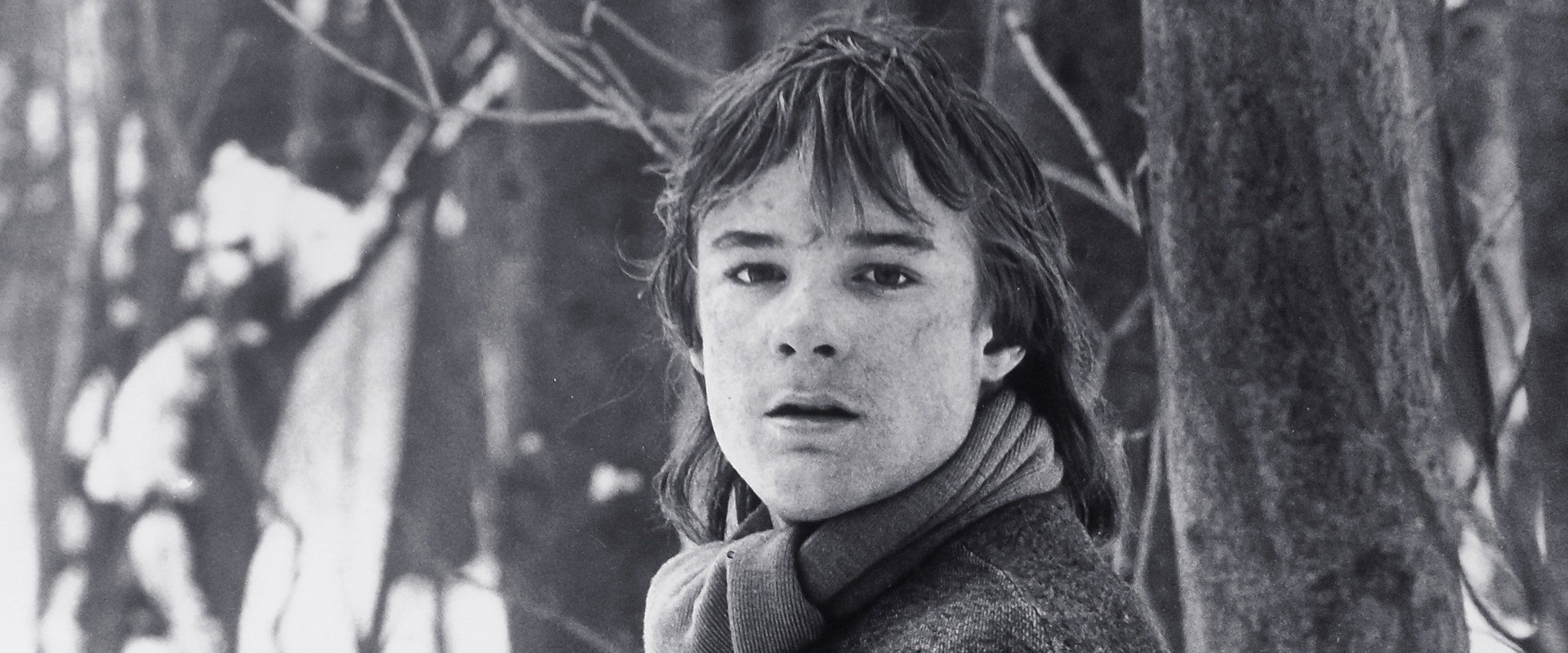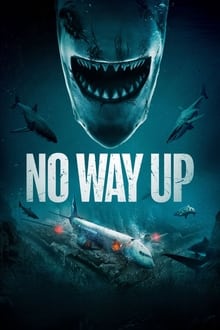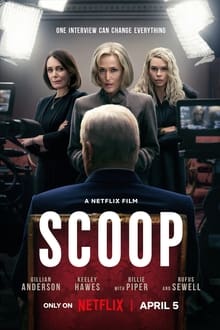The Nature of the Beast
An unknown predator is killing livestock in Haverston, a failing mill town in northern England. As the last mill closes Bill Coward (Lynton Dearden) and his friend Mick Dalton (Paul Simpson) decide to hunt the beast. Janni Howker adapts her novel, which won the Whitbread Children's Novel award in 1985 for director Franco Rosso, a filmmaker inspired by his formative work on the crew of 'Kes' (1969), Ken Loach's acclaimed adaptation of Barry Hine's novel 'A Kestrel for a Knave' (1968). Howker and Rosso update Loach's portrayal of childhood, nature, and deprivation for the 1980s as the bleak certainties of industrial society totter on the verge of collapse. Shot in Blackburn and Accrington 'Nature of the Beast' recalls a time when the last remnants of the dominant local textile industry were being swept away by the rapacious free-market dogma of Thatcherism. Working life in the mills and factories was harsh but in recompense it offered a sense of continuity, solidarity, and purpose for those who wanted it. From the late nineteenth century governments funded social infrastructure which slowly improved living standards and welfare systems that mitigated some of the shocks of economic turbulence. Access to basic schooling and subsidised higher education allowed many children of working-class families to escape from factory life into the relative comfort of the service and creative sectors. Such compensations are rapidly disappearing as monetarist governments dismantle the support framework provided by the state and expose education to market forces. Those who grew up in working towns on either side of the Pennines in the last quarter of the twentieth century will recognise many period details in 'Nature of the Beast', they may suffer uncomfortable pangs of nostalgia for affordable public transport, comprehensive education and a certain sense of community but the film provokes more profound discomfort when you realise how little the harsh realities of life for the poor have changed since this film was made. As these textile towns become redundant in a rapidly changing global market local families struggle to adjust. 'Nature of the Beast' portrays a damaged family under extreme duress: Bill's father Ned (Freddie Fletcher who also appeared in 'Kes') is a lone parent who must support his son and his own father Chunder (Tony Melody), a proud man left without purpose who can only dote on his chickens and drink himself to oblivion. Ned's brusque compassion as he struggles to care for his broken father and offer his son a better life appears hopeless when even the corner chip shop is closing. He has little to offer his son other than unflinching pragmatism and a pugnacious will to fight for lost causes. Howker's screenplay captures the soft rhythms of Lancastrian speech; rich with local idioms and rough humour which reflect the awkward constraint of masculine relationships where tenderness is rarely expressed. Lead actors Lynton Dearden and Paul Simpson were chosen from auditions at local schools and deliver committed, realistic performances. Children look on as their parents struggle with insurmountable economic reality. Their frustration may harden into alienation and violence unless someone intervenes. Unfortunately, education offers little practical help despite the quiet dignity of teacher Oggy (Dave Hill) who insistently reminds his pupils of their industrial heritage whilst attempting to instil some humanity into their bleak lives. Ned looks to the booming Scottish oilfields for work. In response to the imminent collapse of his domestic life Bill has decided that he will live as a wild man on the moors, the bleak hillsides offer more solace than the decaying townscapes with their serried rows of terraced houses. Although the landscape that surrounds these northern towns has a severe beauty it offers no balm, only cold winds and persistent rain. This is unforgiving country where predators feed and prey lives in fear. The natural world of 'Nature of the Beast' is a plain metaphor for the brutal social Darwinism of capitalism. These are similar imaginative regions to the sparse vistas of 'Spirit of the Beehive' (Victor Erice, 1973), another film that views the relationship between political oppression and the natural world with the steady gaze of a child. 'Nature of the Beast' sometimes recalls the abrasive fictions of Gordon Burn and his penetrating journalistic studies of northern England which try to get inside the personalities of men like Peter Sutcliffe (The Yorkshire Ripper) to trace the connections between acts of violence and formative social or emotional deprivation. Bill's single-minded pursuit of the beast represents an attempt to confront the forces that are destroying his world. His rage may breed intense self-reliance, but at the cost of his humanity or sense of compassion. Viewers accustomed to the bland fare of twenty-first century British television drama will be shocked by Franco's forthright political stance. The exact nature of the beast that stalks these communities may appear obvious but despite its clumsy didac










